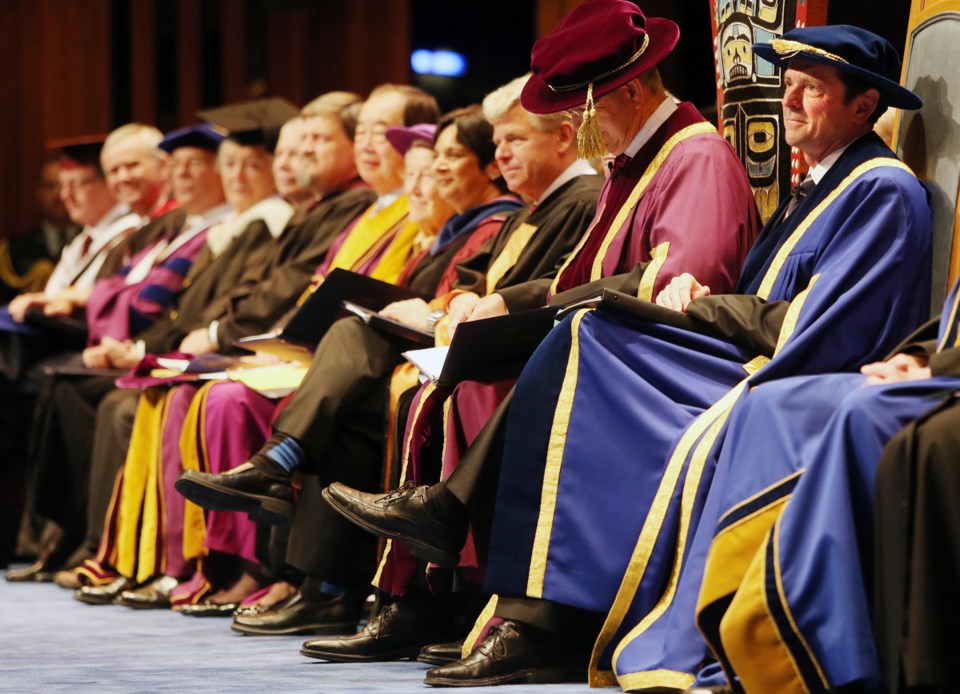The move to unionize faculty and librarians at the University of Victoria is running into opposition in some quarters on campus.
A group of professors recently launched a petition and a website, urging that a certification vote be put off until mid-February.
Organizers say the faculty association’s executive has been “cheerleading” unionization at the expense of an open discussion about the pros and cons of such a move.
“I think it’s happening way too fast,” said Martin Farnham, an associate professor of economics and one of the people behind the website, UVic Why Certify?
“I think it’s a really important decision. I think that there are arguments for unionizing and there are arguments against unionizing … but I think that everybody should have the time to get the information they need.”
Faculty association president Doug Baer counters that the discussion has been going on for years. “We had meetings extending all the way back to 2009 where we articulated the pros and cons of certification,” he said.
The association’s executive voted last April to pursue unionization and members began signing union cards in October.
Baer said the executive first heard concerns that the process was moving too fast in early December.
“I don’t want to say that we did things perfectly,” he said. “We are volunteers. We did the best that we could. It is now the case that there has been a lot of the discussion that they have called for.
“They, themselves, organized a panel — a debate. They invited us; we attended. They have put up a website. There’s now debate, argumentation, discussion and that has been taking place for the past month.”
The faculty association applied for certification as a trade union this month after 540 professors and librarians — 63 per cent of its membership — signed union cards during a pre-Christmas recruiting drive.
The B.C. Labour Relations board requires 45 per cent support before ordering a certification vote.
The board has yet to announce a date for the vote, but it’s expected to take place online or by mail to allow those on study leave or away from campus to participate.
The faculty association’s executive has said the push to unionize stems, in part, from frustration with faculty salaries, which are among the lowest in Canada.
They also say the union will be able to use the grievance process to pursue a wider range of non-monetary issues such as promotions and tenure.
Opponents dispute that forming a union will boost salaries. Farnham said academic literature shows that unionizing has little effect on average faculty pay.
“It also tends to redistribute salary from younger researchers to older researchers,” he said.
Martha McGinnis-Archibald, an associate professor of linguistics, said unionization could lead to lower salaries if faculty choose the right to strike over binding arbitration, where rulings can sometimes exceed government salary limits.
McGinnis-Archibald also said some professors would be uncomfortable striking over wages and benefits.
“I think many people feel that, as university profs, our first duty is to our students and to the public,” she said.
“If it were something like academic freedom being violated and that sort of thing, I think I might be the first on the ramparts. But, if it’s a matter of salary and benefits … I think a lot of us would just feel like we are very lucky to have the jobs that we have.”



